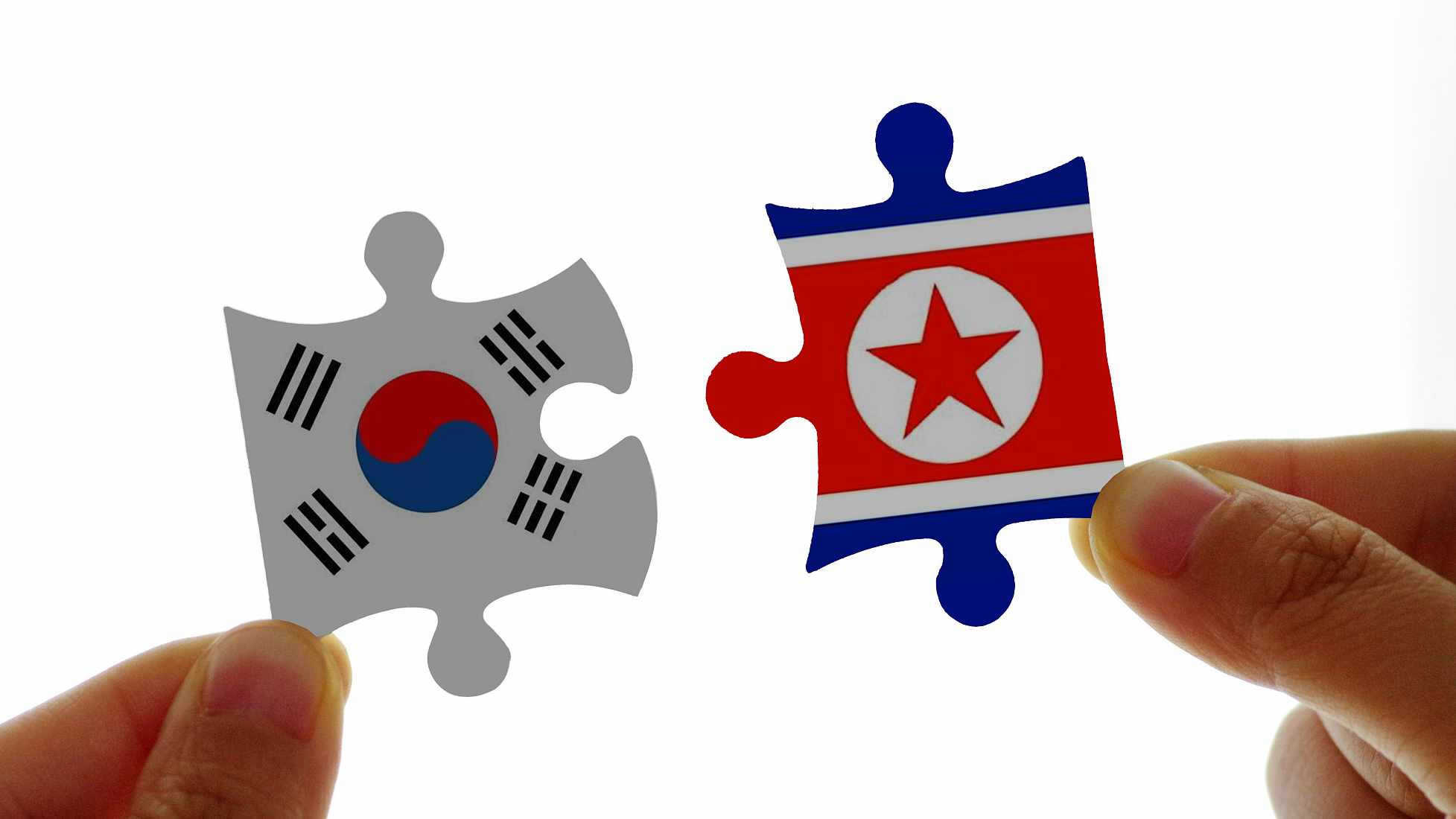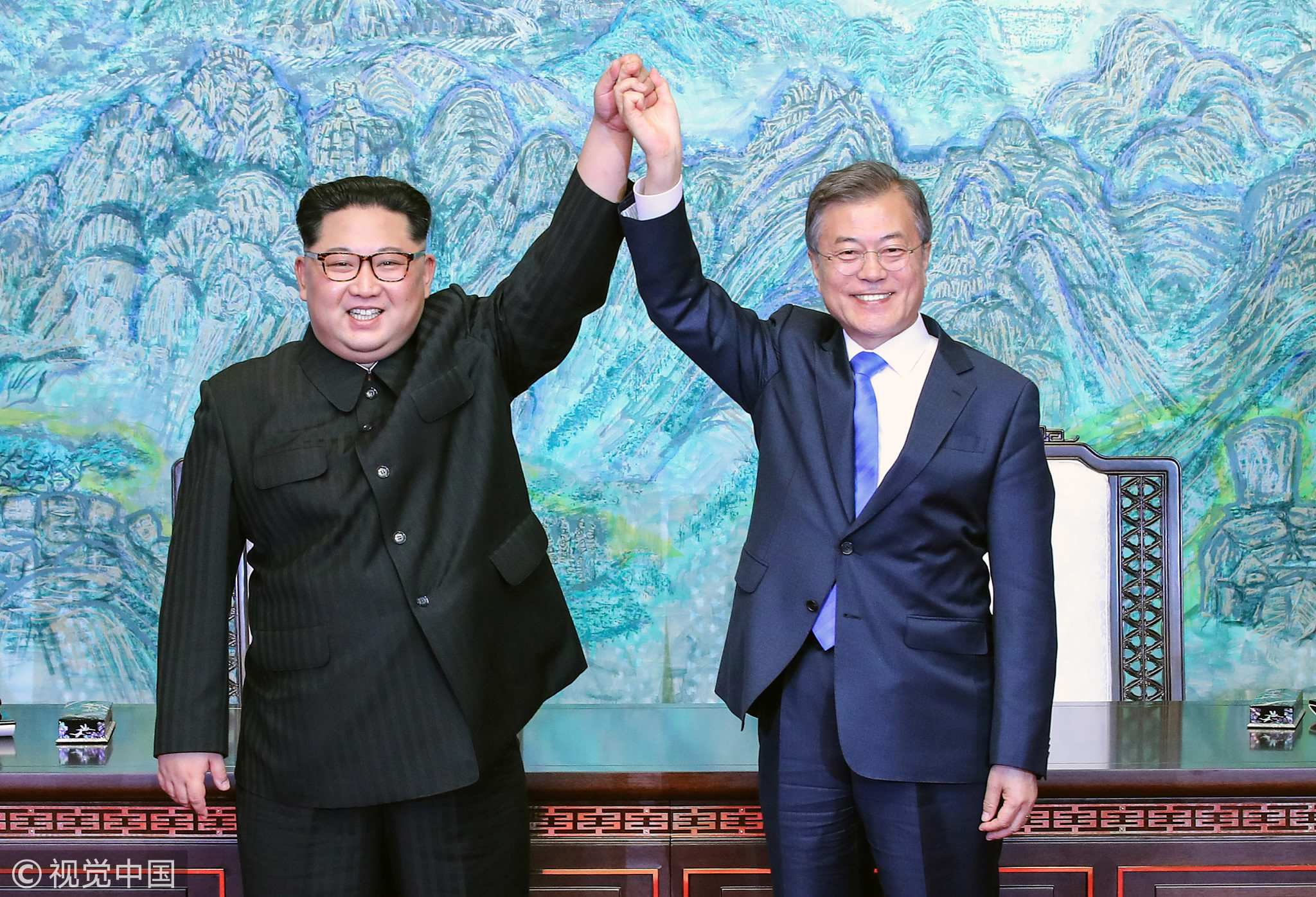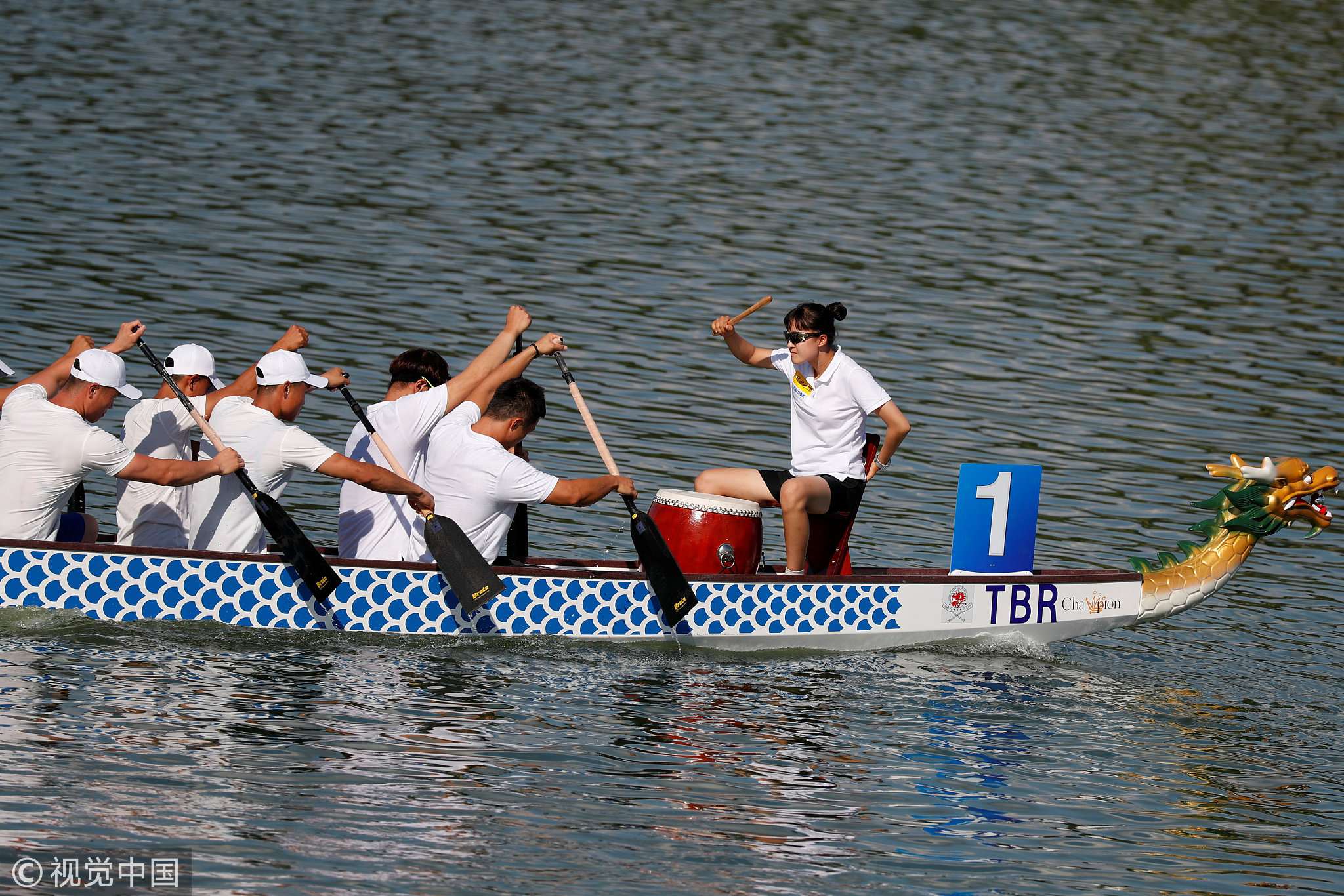
Opinions
14:35, 09-Aug-2018
Opinion: Building trust on the Korean Peninsula
Updated
14:08, 12-Aug-2018
Li Nan

Editor's Note: Li Nan is an associate research fellow at the Institute of American Studies at the Chinese Academy of Social Sciences. The article reflects the author's opinion, and not necessarily the views of CGTN.
Laborers from the Republic of Korea (ROK) and the Democratic People's Republic of Korea (DPRK) will come face-to-face in a series of soccer matches in Seoul on August 10-12 in the first inter-Korean civic exchange following the April 27 Panmunjom Declaration.
A 65-member DPRK delegation will visit Seoul to participate in the Inter-Korean Workers' Unification Football Competition.
The delegation will cross the inter-Korean border at the Dorasan customs, north of Seoul, on the morning of August 10, and hold a joint news conference with two ROK umbrella unions, the Korean Confederation of Trade Unions (KCTU) and the Federation of Korean Trade Unions (FKTU), in the afternoon, according to ROK officials.
Inter-Korean workers’ soccer matches were held three times previously: in Pyongyang in 1999 and 2015 and in the ROK city of Changwon in 2007.
The upcoming match would be the first inter-Korean event at a civilian level held since ROK President Moon Jae-in and DPRK leader Kim Jong Un’s signing of the Panmunjom Declaration in April.

The president of the Republic of Korea Moon Jae-in (R) and the leader of the Democratic People's Republic of Korea Kim Jong Un (L) signed the "Panmunjom Declaration" on April 27, 2018. /VCG Photo
The president of the Republic of Korea Moon Jae-in (R) and the leader of the Democratic People's Republic of Korea Kim Jong Un (L) signed the "Panmunjom Declaration" on April 27, 2018. /VCG Photo
Since the summit in April, both countries have favored gradually building trust and increasing exchange to eventually end the state of war and establish a peace regime on the Korean Peninsula. Pyongyang is in favor of opening up exchange to improve its ties with Seoul.
However, can a football match and other civic exchanges fundamentally change the adversarial nature of the relationship between two neighbors? Obviously not.
First, the complete denuclearization of the Korean Peninsula is still the key barrier preventing the progress of the two Koreas. The DPRK has promised to shut down an ICBM engine testing site, along with the demolition of a nuclear test site at Punggye Village. However, the current working level talks between the DPRK and US don't seem to be going smoothly. During US Secretary of State Mike Pompeo’s third trip to Pyongyang, the US appears to have focused on the issue of the DPRK’s disclosure and verification of the nuclear weapons and all of its nuclear and missile facilities.
The DPRK, however, responded by characterizing such demands as a "one-sided and gangster-like." If the working level talks between the US and DPRK cannot reach a satisfying agreement, both Koreas will be unable to break the deadlock. The conservatives on both sides will continue to describe the other as an enemy. The decision to halt the US joint military exercises with the ROK could probably be reversed, further reducing trust between the two Koreas.
Second, the sanctions targeting the DPRK will not be lifted any time soon, hindering any prospect of building mutual trust. Unfortunately, Kaesong Industrial Complex closed in February 2016 following the 4th nuclear tests run by the DPRK. Also more punitive measures by the UN or Seoul on the DPRK have given rise to a host of economic, logistical and cultural problems. Removing those sanctions would be complicated, and it does not seem like a reality for the near future. Both sides should be patient and work hard on building trust.

ROK and DPRK players attend a training session at Tangeum Lake International Rowing Center in Chungju, ROK, July 31, 2018. /Reuters Photo
ROK and DPRK players attend a training session at Tangeum Lake International Rowing Center in Chungju, ROK, July 31, 2018. /Reuters Photo
Third, a single match or an exhibition cannot suddenly change the rigid images about the other, which have existed in the public consciousness of both Koreas for a long time. In the ROK, most people view the DPRK as a horrible, small, and dangerous regime. The anxiety shown by the ROK people concerning the DPRK has breeded prejudices about their neighbors north of the border. Many ROK college students went as far as telling media they don't really want to spend time thinking about the DPRK.
The long hostility between the two Koreas caused conflicting opinions regarding many issues in the minds of common people. Since the engagement with the DPRK is of considerable interest to President Moon but a sensitive issue for the ROK public, there could be trouble if this falls through. There is no doubt that the cultural exchanges between the two Koreas can improve the mutual image to a certain extent, but it’s obvious that they cannot last long without an end to the attempts of mutually demonizing the other.
Despite the fact that there will be a long way to build mutual trust between the two Koreas, the two sides have decided to embark on resetting their relations, which would be an initial and symbolic step forward along the path of building a peace regime.
Reaching and implementing an agreement on simple events for cultural exchange, such as soccer games, will encourage both sides to let go of the prejudices they have regarding the other and make major steps that could increase mutual trust and mutual understanding.

SITEMAP
Copyright © 2018 CGTN. Beijing ICP prepared NO.16065310-3
Copyright © 2018 CGTN. Beijing ICP prepared NO.16065310-3